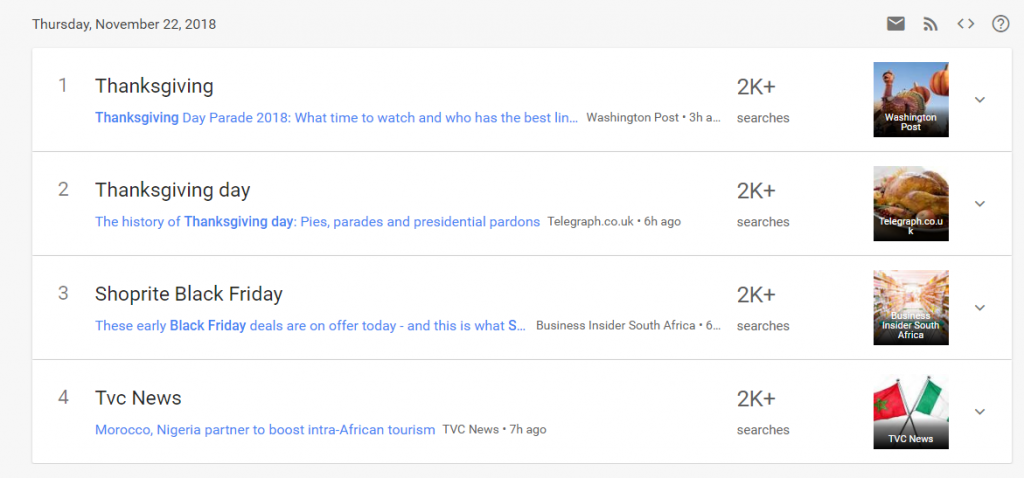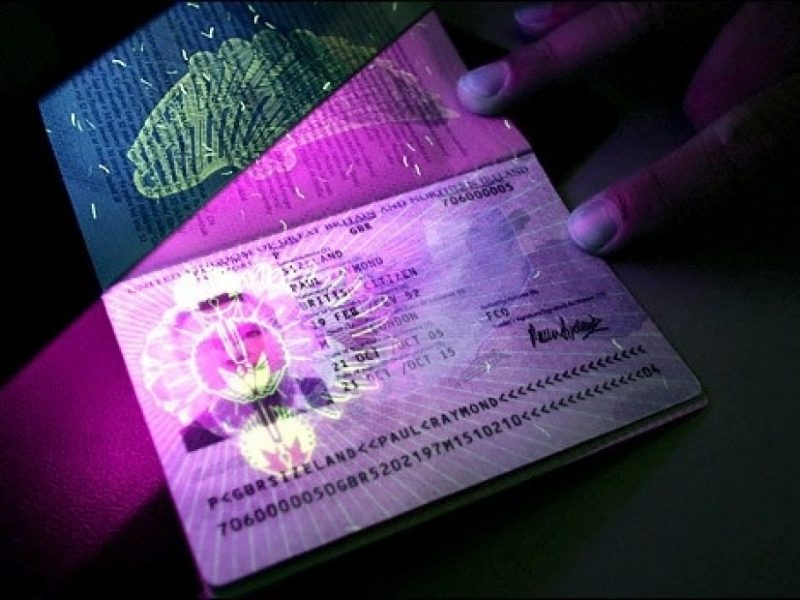Black Friday is one of the most important days in retail shopping in the world. A day full of special shopping deals and heavy discounts from retailers. It is overwhelmingly the busiest day for retail shopping. In 2017, US retail sales on Black Friday topped $7.9 billion.
9 HOURS TO GO!!
Are you ready people? 10 lucky people will win an iPhone XS Max Tomorrow for just ₦4,200. Starting at 12AM TONIGHT.
Join in the treasure hunt and you just might be a winner >> https://t.co/EcT1ayWvVI#BigBangBlackFriday*only available on the Jumia app* pic.twitter.com/abOVAow1VV
— Jumia Nigeria (@JumiaNigeria) November 22, 2018
It originally began in the US, but thanks to globalisation, the trend has become somewhat global. But it wasn’t until recently that Nigerians knew about it.
The first Black Friday sales in Nigeria held in 2013. Jumia and Konga imported it into Nigeria along with many other of their retail commodities. The first ever Black Friday sale was so popular, it crashed the servers of both ecommerce sites when it started. Since then, Black Friday has become a tradition, particularly for Nigerian ecommerce platforms.
But is it still such an important part of Nigerian shopping experience? Do people still look forward to Black Friday in Nigeria?
Black Friday Wanes in Nigeria
Over the last couple of years, Black Friday has lost its spark as a shopping attraction, particularly online. Although most ecommerce platforms still claim sales are up on Black Fridays, they post selective details to back it up. The problem with such incomplete details is that they hide significant information that should help us understand the growth story of Black Friday so far.
https://twitter.com/Rimme15/status/1065503630365786113
But one thing is for sure, Nigerians are no longer psyched about Black Friday. Of course one factor that has brought Nigerian Black Friday down could be economic. Due to the harsh realities of the Nigerian economy, most users would rather save than spend heavily during Nigerian Black Friday.
Yet that’s not the most important reason. And in the paragraphs below, I share why.
Is Nigerian Black Friday a Scam?
Nigerians believe that the domestic version of Black Friday is a scam. Several persons have reported that eCommerce companies use some ploys to cheat users when sales happen.
Black Friday in Nigeria
Price before: ₦1000
Price a day Black Friday: ₦3000
Price on black Friday: 65% off = ₦1,050
Terms& Conditions apply: Delivery within 2 weeks. Can only buy one of item. No replacements. No returns. No refunds. https://t.co/nioDwdpByO— Oluwaseun (@SeunEsq) November 20, 2018
Increase price to a ridiculous amount, bring back the price to its normal level and start shouting Black Friday. The only thing black is your brains for thinking we’ll fall for this scam time and time again. Nonsense ppl, Black Friday for Nigeria na mostly scam 🙄
— O.A💫 (@SeniormanOA) November 1, 2018
One interesting ploy allegedly being used is that these platforms inflate prices just before Black Friday and then reduce them when sales are on. This tactic gives the illusion that prices were actually slashed to make items cheaper for customers.
And this complaint is not new as several users have complained about it since 2016. Just casually checking Nigerian Twitter, most users just can’t hide their frustration on this.
Don't get me wrong, I love capitalism…
But in Nigeria, #BlackFriday is not capitalism, it's Nigerians scamming Nigerians!
— Series Abíọ́dún ‘Baj ☻ (@Engr_Series) November 25, 2016
Another tactic used is that eCommerce platforms use Black Friday to offload substandard products. A lady I worked with two years back once bought some products from a particular ecommerce company on Black Friday only for these products to get spoilt in less than a week. It was annoying. And she wasn’t the only one who had such experience.
So when we talk about Nigerian Black Friday, customers display a high level of mistrust for retailers.
Customers Switch Offline Retailers
But the mistrust for retailers is not shown to all sellers however. Customers have a high regard for sales for brick and mortar retailers, particularly ShopRite!


A look at Google Trends data to examine customer behaviour this shopping season is handy here. Based on the results, users couldn’t care less about Black Friday. But surprisingly, users were going crazy about Shoprite Black Friday on Thursday, and there was an uptick in Google Search results about Shoprite Black Friday.
It’s crazy. But it appears Shoprite’s physical presence appeals to shoppers and they seem to trust its own discounts.






